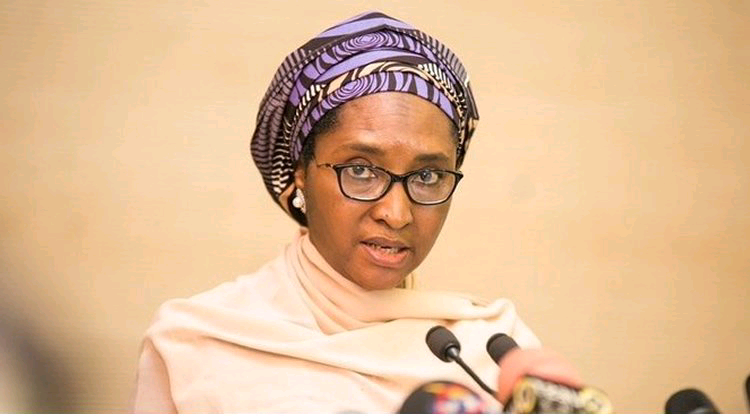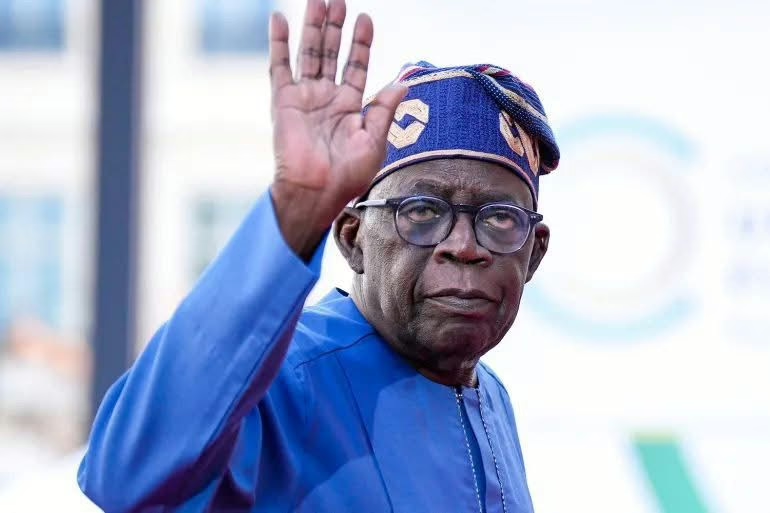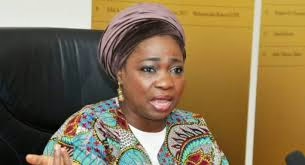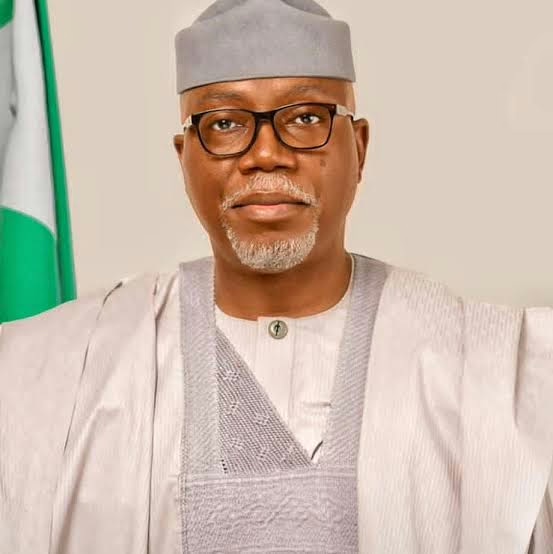The Federal Government may present a supplementary budget to the National Assembly due to a further depreciation of the naira and galloping inflation that have made the 2023 budget nearly unrealistic.
The 2023 budget benchmarks the foreign exchange at N435/dollar and inflation at 17.10 per cent but the severe scarcity of dollars means that the local currency may head for N500/$ in the NAFEX market and up to N1000/$ in the parallel market in 2023.
Dollar closed N895 on both Lagos and Abuja parallel markets, spiking fears that the doomsday prediction of N1000/$ by December may come to fruition.
Similarly, floods and global crisis due to Russia-Ukraine war could further worsen inflation and poverty in the country, making the projections untenable.
Meanwhile, the National Assembly is billed to go ahead with consideration and passage of the budget as proposed in the Appropriation Bill laid before it by the President, Major General Muhammadu Buhari (retd.), despite the major difference in the exchange rates.
The federal legislature may advise the executive to forward a supplementary budget to reflect the recent sharp fall in the value of naira against United States dollar, it was reliably learnt on Thursday.
At the House of Representatives, top officials who are working on the money bill told our correspondent that the lawmakers might not tinker with the parameters of the budget, which, according to them, were based on the 2023-2025 Medium Term Expenditure Framework and Fiscal Strategy Paper passed by the parliament.
In the MTEF/FSP, the National Assembly had, among other parameters, approved an exchange rate of N437.57 to a dollar and an oil benchmark of $73 per barrel.
However, in the Appropriation Bill laid by the President before a joint session of the National Assembly on October 7, 2022, the Federal Government proposed an oil benchmark of $70 per barrel and an exchange rate of N435.57 to a dollar.
On Thursday, Deputy Chairman of the House Committee on Appropriations, Iduma Igariwey, was asked if the National Assembly would amend the parameters, especially the proposed exchange rate to reflect the current realities regarding the naira.
Igariwey, who responded after he called for some time to consult with the committee’s Chairman, Aliyu Betara, noted that the lawmakers might not make drastic changes to the budget.
He said, “The National Assembly, as a constitutional creation, can only act within the ambits of the Constitution. By virtue of Section 81 of the 1999 Constitution, it is the Executive arm that initiates the budget-making process and this the Executive arm does, through the President, present the estimates/ proposals to the National Assembly.
“However, bear in mind that the budget is preceded by the Medium Term Expenditure Framework and Fiscal Strategy Paper. What it means is that the budget process is informed by an economic plan.
“Now, in considering the budget estimates presented by Mr President, the National Assembly is expected to make only marginal input. Such input has even been controversial in the past, when the good and well considered input of the parliament has been disparaged as ‘budget padding.’
“To deal with your question more specifically, the National Assembly is not likely going to make any substantial makeover of the 2023 budget as a result of the travails of national currency.
Supplementary budget
“However, the executive is constitutionally empowered to articulate and present to the National Assembly, a supplementary budget, and this 9th Assembly has always favourably considered such request, as happened in the 2022 budget year.”
Another member of the House, who also has an oversight function over the budget, said the lawmakers would not work based on media reports or unofficial exchange rates.
Speaking to our correspondent on the condition of anonymity, the lawmaker said, “We are bound to consider and act on the available facts and figures officially before us. Yes, there might have been drastic changes in the money market. Don’t forget that the MTEF/FSP determines the factors you’re talking about in the budget. When we get to the bridge, we will cross it.”
Chairman of the House Committee on Media and Public Affairs, Benjamin Kalu, in his reply to our correspondent’s message after several calls, said he was out of the country. “I am in the United States in a class room,” his terse response read.
Chairman of the House Committee on Finance, James Faleke, did not pick several calls made to his line. He had yet to reply a text message sent to him as of press time on Thursday.
The PUNCH had reported that the Economic and Financial Crimes Commission had launched an operation against the bureaux de change operators, which began on Tuesday, following the announcement by the Central Bank of Nigeria that it would redesign some naira notes.
It was gathered the operation was targeted at tracking illicit funds from terrorists, bandits and politicians who might want to convert their stash in a desperate move to beat the redesign of the naira announced by the Central Bank of Nigeria.
The new naira notes, which would replace higher denominations, will be released on December 15.
The naira closed at N895 on Thursday, from N857 on Tuesday.
The EFCC, on Wednesday, arrested no fewer than 87 forex dealers in the Federal Capital Territory, Abuja, Lagos and Kano. Detectives of the agency reportedly stormed several forex trading hubs in Abuja, ransacking their vaults for stash of dollars and naira.
The operatives later arrested no fewer than 25 legal and illegal forex dealers, in addition to the 40 arrested earlier on Tuesday during a raid of the Zone 4 Wuse offices of the Association of Bureau de Change Operators, bringing the number of arrests in the Federal Capital Territory to 65.
The PUNCH reported on Thursday that the EFCC would extend the operation to Lagos, Anambra, Oyo and Rivers states.Spokesman of the Budget Office of the Federation, Mr Afolabi Olajuwon, told one of our correspondents that he was not aware of any plan to present a supplementary budget to the National Assembly
‘2023 budget unrealistic’
Meanwhile, the Nigerian Association of Chambers of Commerce, Industry, Mines, and Agriculture said the association was concerned with the parameters of assumptions in the 2023 budget estimations, most especially the dollar to naira conversion rate.
Addressing a press conference in Lagos on Thursday, NACCIMA president, John Udeagbala, said these assumptions did not accurately reflect the true economic conditions of the business environment in Nigeria, especially the dollar exchange rate of 435.57 naira per dollar.
Udeagbala said, “Most businesses in the country thrive on parallel FX market rates currently fluctuating between N730 and N760 to a dollar and considering the fact that there are no guarantees of stability in the exchange rate of the Naira to the Dollar, as the Nigerian currency continues to depreciate with no measurable checks in sight by the monetary authorities on the spiral fall in value, we are deeply concerned and worried that most manufacturers will continue to purchase dollars at the parallel market in the coming year.
“It is therefore evident that the 2023 budget is not a true reflection of the economic reality of today’s Nigeria. Therefore, the N435.57 exchange rate of Naira to the Dollar used as parameter for estimating the 2023 budget is not a true reflection of condition of our nation’s economy.”
Also speaking, a professor of economics at the Olabisi Onabanjo University, Sheriffdeen Tella, said lack of accountability on the part of Nigeria’s policy makers and economic managers had worsened the local currency.
He said “Dollar will get to N1000. The managers of the economy are supposed to be sacked. They have never been careful when approving budgets. There are a lot of duplications in the budget. What they ought to do is to return it (budget) to them and say, ‘In view of what is going on, we should be more realistic.’ That would send a message to them that the economy is not properly run.
He said the government would have to borrow to fund the supplementary budget, noting that the Federal Government could resort to ways and means again to fund the budget.











Leave a Reply